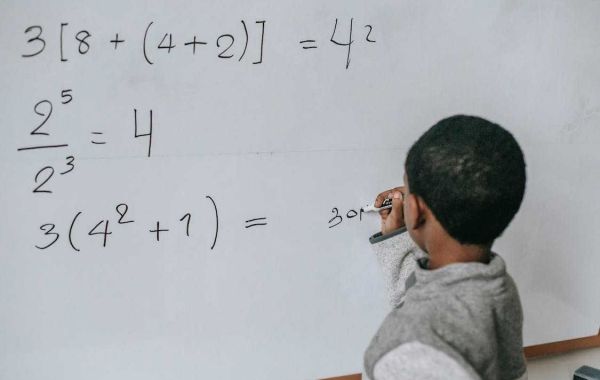Math is more than just a part of a school's curriculum; it is an essential foundational element for children. Parents and educators are responsible for children's growth and development. Mathematics is vital for early cognitive development and serves as a base for learning skills like critical reasoning and persistence.
There are numerous benefits to learning math. This blog will discuss some key advantages of math skills.
Improves Problem-Solving Skills
Problem-solving is one of the major benefits of learning and practicing math. Math helps children learn a systemic approach to arriving at solutions to problems with the help of reasoning.
Through this learning, children are able to analyze unfamiliar situations and get to the next logical step. This helps them develop a mindset to figure out a road map to solve the problem. This doesn't mean they will be able to solve every difficulty they're faced with through a mathematical approach but indeed directs them in the right direction.
As a child practices math, they become more observant of how certain problems can be solved. Through guidance, they also learn how to communicate the solution to others. The ability to explain how a problem can be solved requires critical reasoning.
Strengthens Brain
Just like physical exercise strengthens our brain, mental exercise does too. Math involves a lot of thinking and reasoning, making it an excellent brain exercise.
Exercises require repetition; when a child practices math skills, they are able to grasp the process eventually and come up with solutions quickly. For example, when you first learn the concepts of division and multiplication, it takes time to become adept at performing the learned skills without error.
Positively Impacts Mental Health
Encouraging children to do mental math can aid their social and emotional learning. Persistence and math go hand in hand. Encouraging this persistence contributes to emotional and social development.
Math is undoubtedly beneficial for kids. But as we're all aware, kids run away from math because it is tricky and complicated. Finding ways to help them with mathematical learning is the way to go. Getting them fun math books is also a great way to aid their understanding, like Shelton Davis' Rayna Omar: Learn 2 and 3 Time Tables. It's a book full of multiplication tips and tricks that can make learning engaging and accessible.








